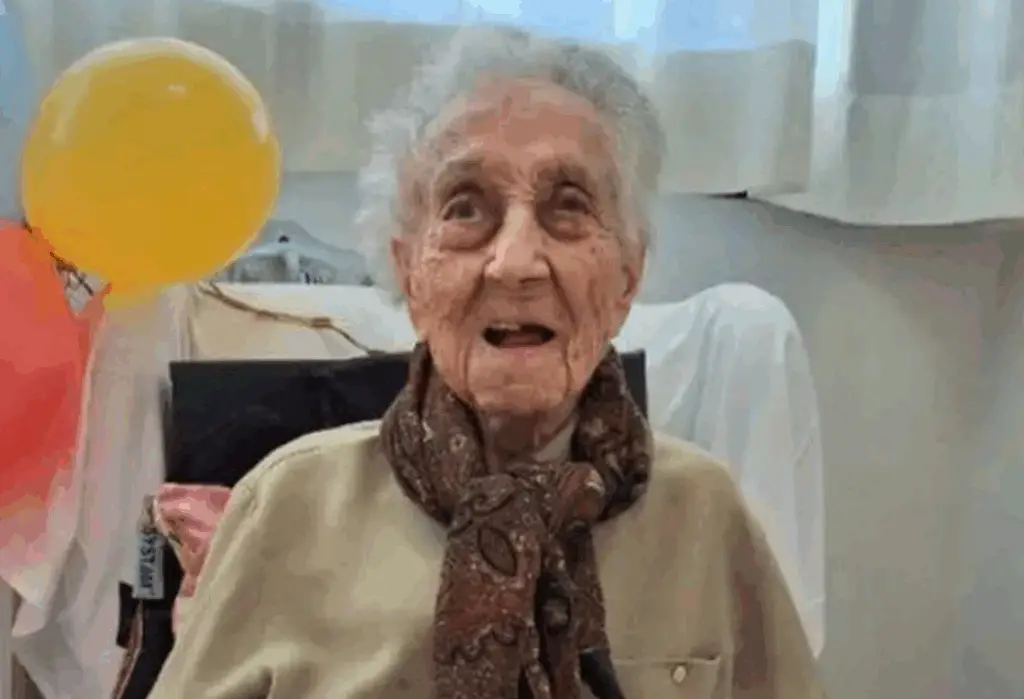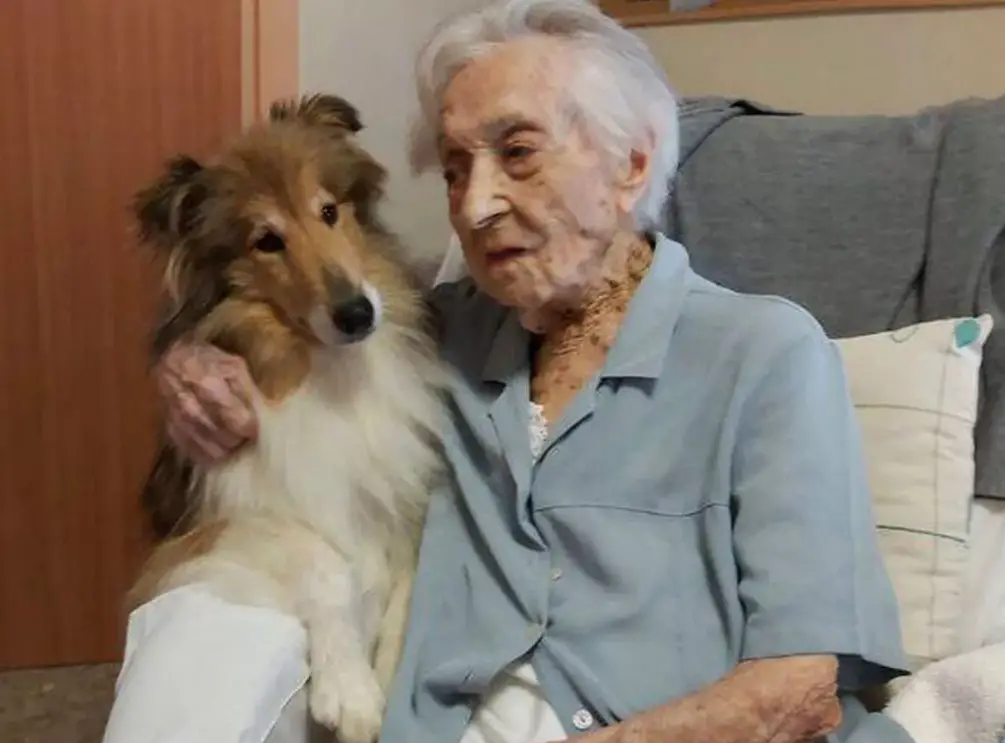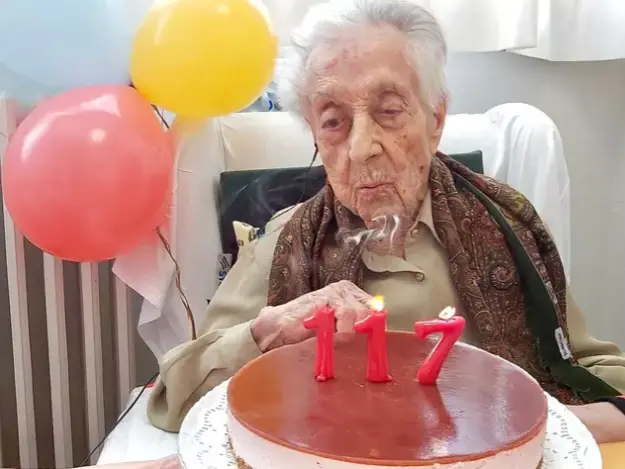Maria Branyas Morera was a supercentenarian from Spain who got to live until 117 before passing away last year.
Maria lived through two world wars, 21 American presidents, and innovations that have reshaped life entirely from what it was since she was born.
She was born in the US before she moved to Catalonia in 1915 where she had spent the rest of her long life.
Before she passed away, Maria asked doctors to study her DNA and learn what led to her being the oldest living person in hopes of helping others extend their longevity.

This prompted doctors in Spain to examine her biological profile in a research carried out by a team of scientists, including researchers from the University of Barcelona and Josep Carreras Leukaemia Research Institute. They collected who samples from Maria and examined her cells and genetics, the Mirror reported.
Speaking to the Times, Dr Manel Esteller, the principal investigator on the study, said, “The common rule is that as we age we become sicker but she was an exception and we wanted to understand why. For the first time, we’ve been able to separate being old from being sick.”
Dr Esteller added: “We can develop drugs to reproduce the effects of good genes. Maria’s parents gave her very good genes, but we cannot choose our parents.”

The results suggested she was biologically 10 to 15 years younger, so at her death she was more like a sprightly centenarian than her actual age. She also displayed extremely low levels of ‘bad’ cholesterol and triglycerides, and very high levels of ‘good’ cholesterol.
Maria led a healthy life that included plenty of exercise, no bad habits such as smoking or drinking alcohol, and had a great social life.
However, there was another thing that she loved that could play a role in her longevity; the yoghurt of her favorite Spanish brand La Fageda.
It is a probiotic variety containing inflammation-fighting bacteria.
According to the Mirror, Maria’s mornings started with a cereal-packed smoothie with eight different cereal varieties.

Science Alert reported that scientists observed significant erosion in Maria’s telomeres which are the protective ends of chromosomes. While short telomeres are usually linked to higher mortality, recent research suggests they may not be a reliable marker of aging in the very old. In Maria’s case, her unusually short telomeres might even have worked in her favor, possibly limiting the ability of cancer cells to grow.
“The picture that emerges from our study, although derived only from this one exceptional individual, shows that extremely advanced age and poor health are not intrinsically linked,” the researchers led by epigeneticists Eloy Santos-Pujol and Aleix Noguera-Castells, said, according to Science Alert.
Dr Esteller concluded that “the clues for extreme longevity are a mix between what we inherited from our parents and what we do in our lives,” adding that “this mix, the percentage depends, but it can be […] half and half.”
Please SHARE this article with your family and friends on Facebook.
Bored Daddy
Love and Peace
